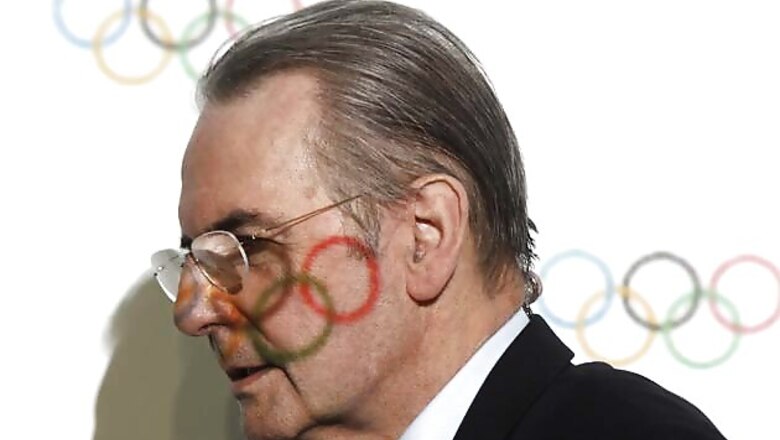
views
Berlin: The year 2013 may prove to be a watershed for sports politics with every major event and decision during the last 12 months impacted by lawmakers.
Whether it was the presence of prime ministers and royalty at the International Olympic Committee vote for the 2020 summer Games or FIFA blaming politicians over pressure to award the 2022 World Cup to Qatar, politics was ever present in 2013.
On the face of it, the trend is in stark contrast to both FIFA and the IOC's policy of keeping governments well away from sporting bodies and regularly suspending nations over what they perceive as political intervention.
India has spent the entire 2013 in Olympic exile, with the world's second most populous nation still suspended over political interference in its national Olympic affairs.
Yet when it comes to mega events, 2013 saw politics at the heart of the action.
FIFA president Sepp Blatter said last month that politicians in France and Germany had told FIFA members to award the world's biggest single sports event to the tiny and cash-rich Gulf state that has virtually no football tradition.
"There was direct political influence. European heads of governments advised voting FIFA members to vote for Qatar because of the wide financial interests linked with that country," Blatter said.
For Qatar it was one of a number of negative headlines that have shifted the debate away from sport and onto the political agenda.
Politics these days is always mentioned in the same breath as a major sports event whether it is next year's Sochi winter Olympics in Russia or the 2016 summer Games in Rio de Janeiro.
"It is only normal because as long as sports events keep getting bigger and more expensive, political influence surrounding them will grow. It is just business," an experienced Olympic insider, who spoke on condition of anonymity, told Reuters.
"Look at the street protests in Brazil against state spending for the World Cup or the investment (at least $50 billion) by Russia for the Sochi Games. The stakes and potential rewards are only going to go up in the future."
Sochi's spending easily makes it the most expensive Olympics - summer or winter - in the history of the Games.
FIFA has seen preparations for next year's World Cup in Brazil hit by violent street demonstrations, a direct fallout of political decisions regarding spending in the country.
What should have been a feel good period for a glorious sporting event has become an exercise in damage control and public relations.
The deaths of workers at stadiums still under construction and behind schedule have further raised questions about how far a sporting body can press a sovereign nation, with FIFA telling stunned Brazil last year it "needed a kick up the backside" to speed up preparations.
The IOC had also hoped for a calmer run-up to February's Sochi 2014 winter Olympics with hosts Russia under heavy criticism over its human rights record and a new anti-gay propaganda law that critics say curtails rights of homosexuals.
German President Joachim Gauck and French counterpart Francois Hollande have already ruled out attending the Games with Russian President Vladimir Putin having staked personal political prestige on staging a successful Olympics.
While there are no calls for an open boycott of the Games, Gauck and Hollande's snub shows there is an ongoing political battle behind the sporting scenes in Sochi.
Politics also took centre stage at the IOC session in Buenos Aires in September when Tokyo was awarded the 2020 Olympics and German Thomas Bach succeeded Jacques Rogge as IOC president.
Japan Prime Minister Shinzo Abe, Turkey's Tayyip Erdogan and Prince Felipe of Spain all pushed the bids of Tokyo, Istanbul and Madrid respectively, seeking to tap into the multi-billion Olympic product.
For Istanbul, anti-government protests and the Syrian conflict worked against the Turkish city's fifth bid in the last six votes. Not even Erdogan's presentation on election day could sway IOC members.
Abe, however, delivered a powerful address, offering the necessary political guarantees for Tokyo to land its second summer Games and proving Olympics cannot be won without top political brass throwing their full weight behind candidacies over the entire two-year bidding process.
With Bach being arguably more politically tuned in than his straight-faced predecessor, it was no real surprise that among the very first to congratulate him on his election on September 10 was Putin himself, proving politics and international sport go hand in hand.











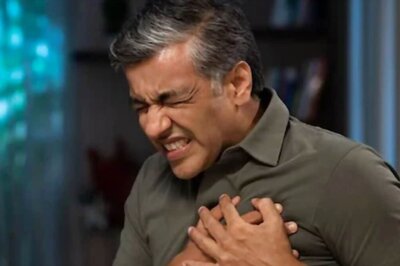
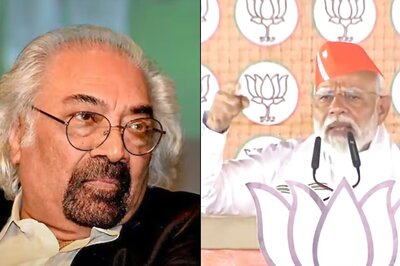
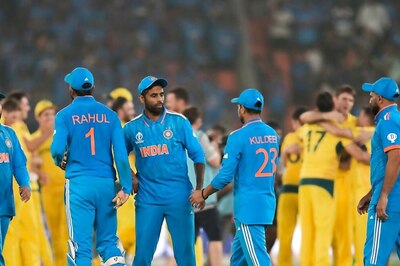
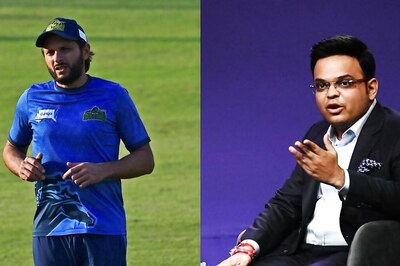



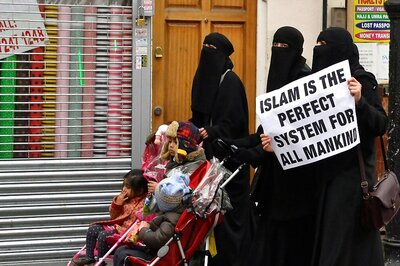
Comments
0 comment